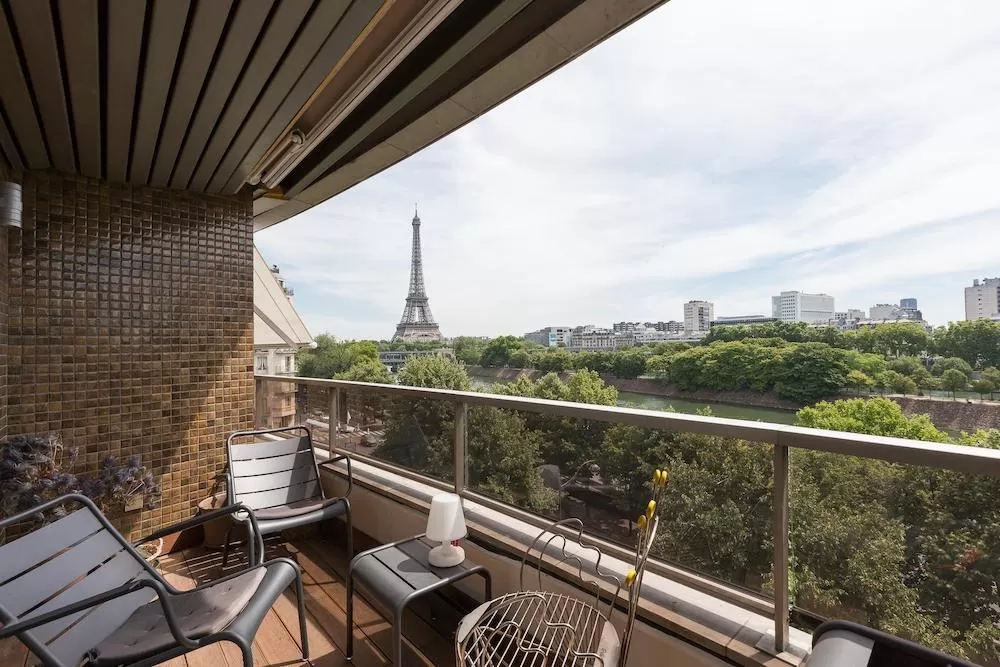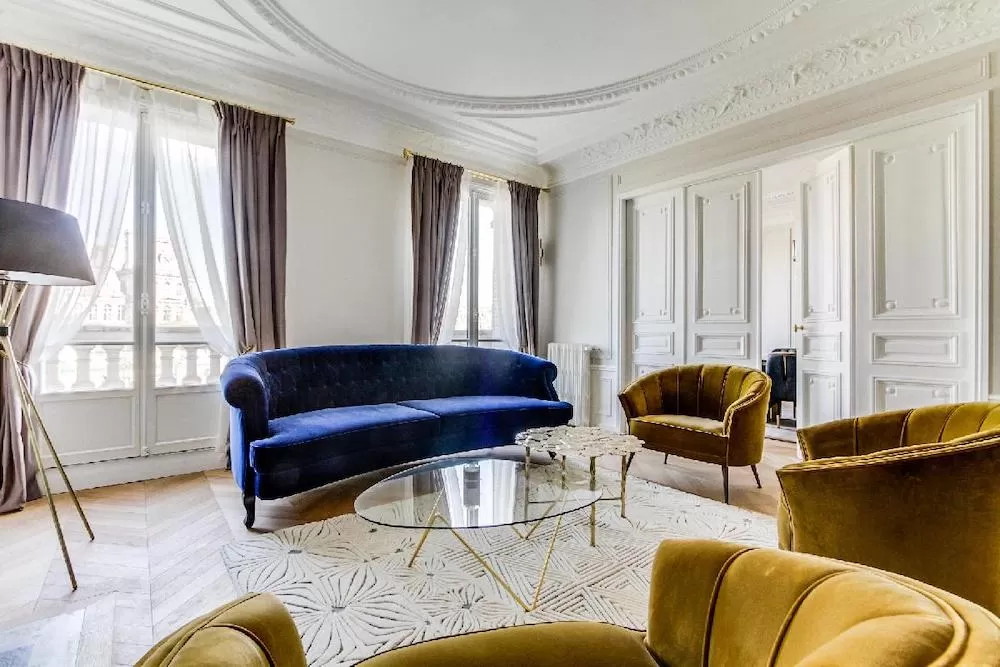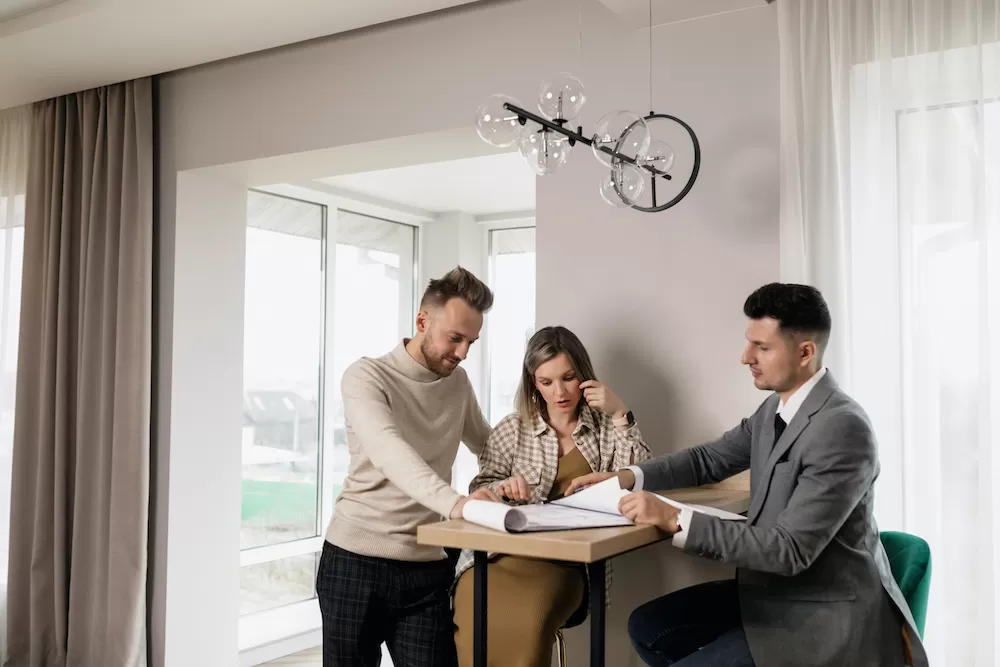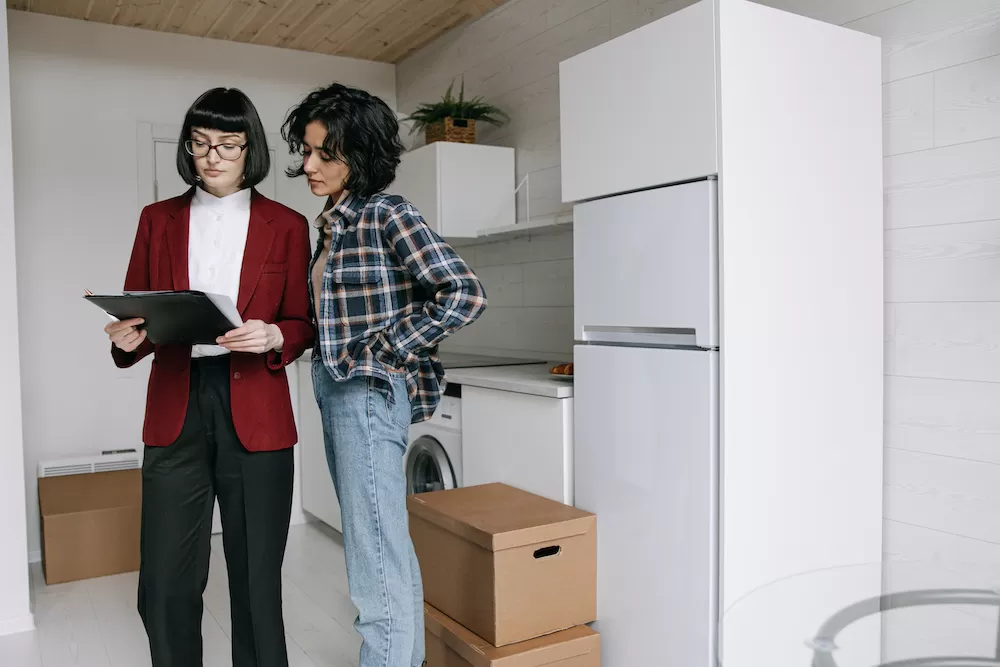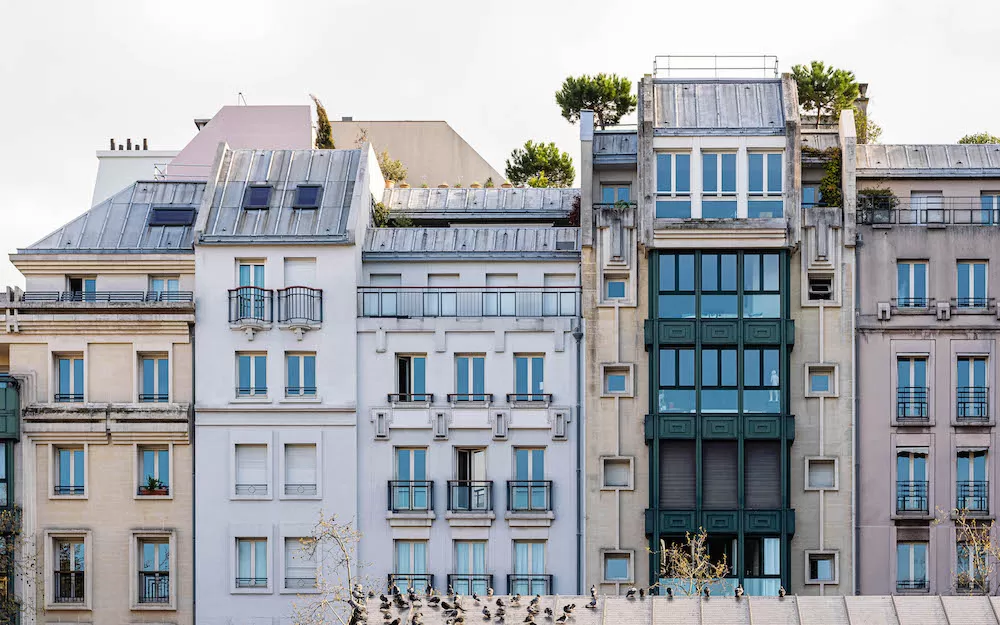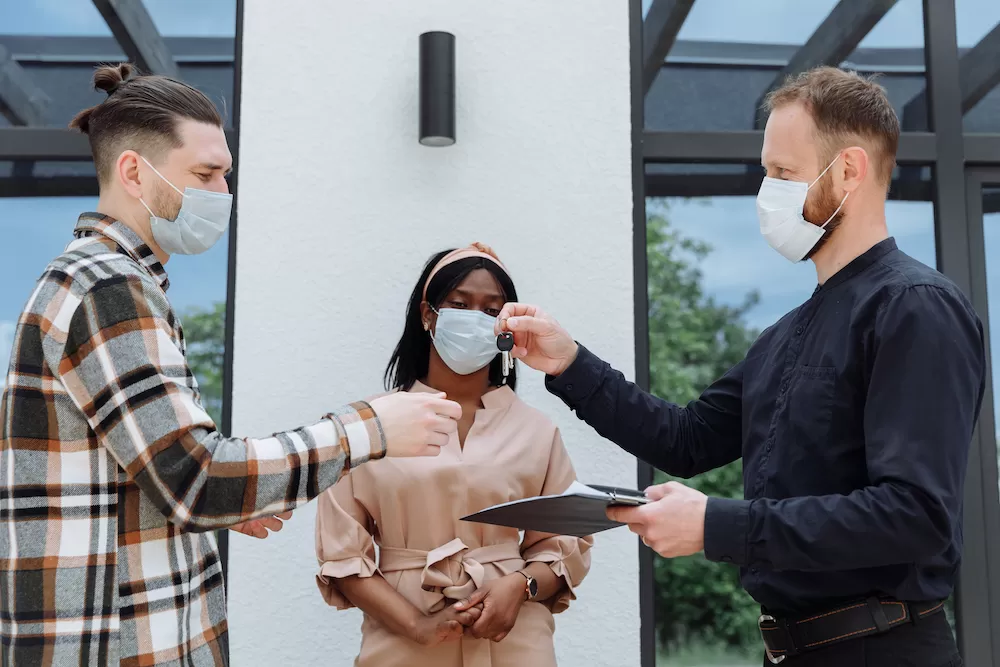There are many good reasons to live in France. The country is wealthy, it has a lot of beautiful destinations, the food's delicious, and the culture is fascinating. Who wouldn't want to relocate to a place like that? If you do decide to ever move to France, there's a lot you will need to do. One is to find your new home here. From luxury apartments to beautiful homes, there's a lot to choose from. However, instead of renting a place, if you can afford it, why not buy your own property in France? Let this guide show you what you need to know about how to do it.
Can a Non-Resident Buy A Property in France?
You'd think that in order to buy property in France, one needs to live there, right? Well, not necessarily!
Expatica notes that even non-residents can buy their own homes in France. You don't need to
move to Paris, Marseilles, Lyon, Cannes, or any of the other major cities in the country. As well as the more unknown areas too. With that said, however, you may find it more challenging to pay for your new property in France as a non-resident. French banks and other financial institutions are hesitant to enter mortgage agreements with foreigners from outside of the EU.
What Should You Look For in a Property?
Now, before choosing the property in France that you want to buy, there are
many things you ought to look for. One of the most important ones is its location. More often than not, you probably chose to check a place out because of its location so you ought to be satisfied with it first. The overall layout and structure—as well as
interior design if applicable—should meet your standards too. If you're going to make it your new residence with your entire family, does it have enough space to house you all? And if you brought along your own car, it'd be great if the place has its own parking space!
What Are The Costs of Buying Property in France?
If you think that all you have to pay when buying property in France is its price, you're sadly mistaken! Purchasing a new home in France includes many costs, from
taxes to fees and more! Apart from the initial deposit and the final price of the property, you also have to pay notary fees (
frais de notaire) which are made up of various local and regional taxes, as well as, of course, payment for your hired notary. There's also the commission of your real estate agent if you opted to hire one. That'll mostly cost around 4% to 6% of the property's total price.
How Do You Make an Offer to Buy Property in France?
More often than not, any property already comes with a price tag. Especially if the seller chose to work with a real estate agent when they put their property up for sale in France. But make no mistake, it's not the final price of the place. As a buyer, you get to offer another price that's nearer to your budget. Of course, this may also mean that it's going to be lower than the initial asking price. Would that turn off the seller? No! In fact, they'd even expect it. However, make sure that your offer isn't too far off the initial asking price. If your offer is way too low than the amount the seller originally set, they might not even consider it at all!
How Do You Get Mortgage in France?
Now, in order to pay for your new property in France, your best bet is to get a mortgage. It will be better if you already have a
local bank account in the country. Many mortgage lenders wouldn't even consider you if you don't have that at least! And as already mentioned, it's more difficult to get a mortgage loan if you're a non-resident. It's still possible, though, but it will be a lot more challenging. In any case, in order to clinch that mortgage deal, you have to meet certain conditions. This includes your repayment plan—that it doesn't exceed 35% of your income and that it won't take more than 25 years to complete—life insurance, and more.
How Do You Set Up the Sale & Purchase Contract?
Once you and the seller have agreed upon a final price for the property, it's time to set up your sale and purchase contract, or '
Compromis de Vente.' This will serve as the legal document that binds both parties to the agreement. Once you sign it, the seller will be legally obliged to sell the property to you. However, for your part, you're given around 10 days as a sort of grace period to really think about whether you want to buy the place or not. Once you're all in, you will have to pay a deposit that amounts to 10% of the final total price.
What Are The Different Types of Ownership Structures in France?
Do note that there are multiple types of ownership structures here in France, namely '
en tontine,' '
en indivision,' and '
Société Civile Immobilière' (SCI).
En tontine refers to joint ownership, granting all owners an equal share of the home. If there are just two of you, one automatically gets 100% ownership when the other dies.
En indivision, on the other hand, isn't so simple. The ownership ratio can be anything you want, which means it can also be unequal. In the event that the dominant owner dies, they have the power to either leave their shares to the remaining co-owners or have them inherited by other people. And
Société Civile Immobilière (SCI) is used when there's a need to separate the ownership and management of the property.
What Are The Legal Issues in Buying Properties in France?
Real estate in France can be very complex, especially when it comes to the
many legal issues of buying and owning a property here. As already mentioned, buying and owning property in France makes you legally required to pay certain fees and taxes. For the latter, there are two you need to know:
taxe foncière and
taxe d'habitation. The
taxe foncière is the French Property Tax that you need to pay annually. It won't matter if you're living in the place yourself or you're renting it out. The
taxe d'habitation, on the other hand, is the Residency Tax for when you're living on your property in France. And lastly, owning a home in France makes you legally obliged to get home insurance.
How Long is The Process of Buying Property in France?
Contrary to what you might think, buying a property in France doesn't take that long. For the most part, it will only take you around 10 to 12 weeks, approximately three months or less. And that's from signing the pre-contract to when you get the keys to your new home. Of course, this can also change depending on other factors, particularly when it comes to legal issues. That's how complex real estate in France can get!
How Do You Search Properties For Sale in France?
There are many ways to look for properties here in France. The most common of which is to
hire a real estate agent. They'll look for the right properties for you! You can always go on the
top French property listing websites too! Popular platforms like
LeBonCoin,
SeLoger, and
MaisonsEtAppartements list thousands, if not millions of properties for sale in France. You can easily spot your next home there! Don't worry! Some of the websites come in English too so you won't have to worry about the language barrier all that much.
What are The Best Tips for Buying Property in France?
Now, for some final
tips for buying a property in France. Firstly, make sure to visit the place as often as you can. Pictures and videos can only do so much in portraying the current and actual state of the property. To be 100% sure that the home is worth it, you'd do well to see it in person more than once! If you're already decided, make sure to sign the
compromis de vente as soon as possible. Remember that this document will ensure that you will get the property you want.
Buying property in France is a process that requires your utmost attention and careful consideration. There are many steps you need to take and things you ought to remember! And at the end of it all, you'll get the keys to a brand new home here in this beautiful country.
